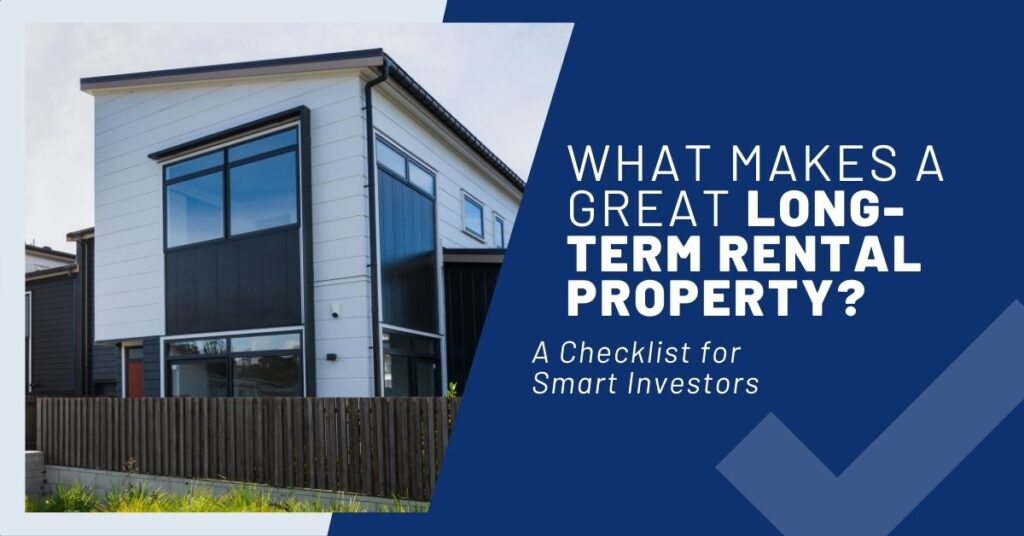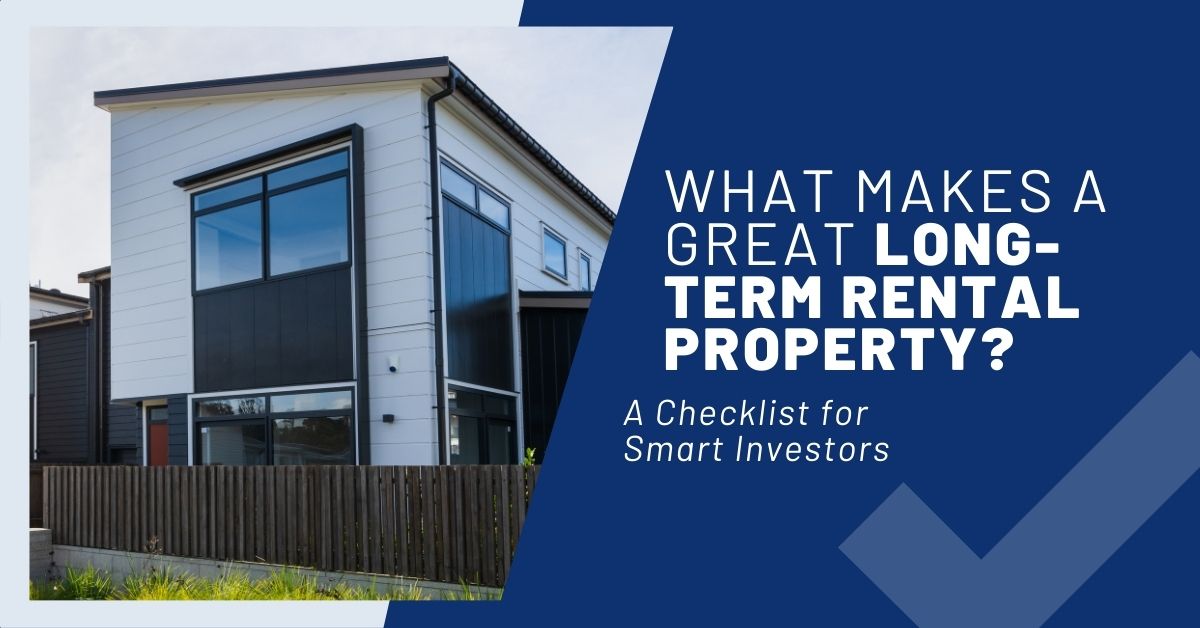

Real estate scams are targeting more victims than ever before, and they’re becoming increasingly sophisticated. Canadians reported losing $638 million to fraud last year, with authorities warning that only 5–10% of incidents are reported at all1. Even more concerning, Canadian lawyers, title insurers and regulators have flagged a rise in identity-based title and mortgage fraud during real estate closings, where large deposits and tight timelines create opportunities for criminals2.
These aren’t isolated incidents targeting the naïve or unprepared—they’re professional operations that can fool experienced investors and savvy consumers alike. Scammers have adapted to modern technology and remote transactions, making their schemes harder to detect and more financially devastating than ever.
The shift to digital communications and remote closings has created new vulnerabilities that criminals actively exploit. Whether you’re a first-time home buyer, seasoned investor, property owner, or renter, understanding these threats and knowing how to protect yourself is essential. From wire-transfer hijacking to fake listings, title theft, and impostor agents, real estate scams come in many forms. Here’s how to recognise and protect yourself from the most common threats.
Wire Transfer Fraud: The Costliest Threat
Wire fraud strikes at closing when buyers are most vulnerable. Criminals hack or spoof emails from real estate professionals or law firms, then send fake wiring instructions directing your down payment to their accounts. The setup appears completely legitimate—the email looks official, uses proper terminology, and creates urgency around closing deadlines.
In Canada, deposits are typically handled through lawyers’/notaries’ trust accounts, but that doesn’t eliminate risk. CREA and Canadian practitioners warn that wire transfers are designed to be irreversible, and once funds leave your account, recovery is unlikely3. For many Canadian homebuyers, typical losses can reach six figures, representing their entire life savings and down payment.
Critical warning signs include:
- Last-minute wiring instruction changes labelled “urgent” or citing a “closing emergency”
- Email address anomalies with letters off or different domains (e.g., titlle-co.ca instead of title-co.ca)
- Pressure tactics demanding immediate action to avoid delays
Protection requires verification. Always confirm trust account details in person or by calling verified phone numbers found independently (not from the email thread). Many Canadian firms now include explicit wire-fraud warnings and require verbal confirmation of transfer instructions before funds are sent.
If fraud occurs, contact your bank immediately, then report to local police and the Canadian Anti-Fraud Centre (CAFC) without delay.
Rental Listing Scams: Too Good to Be True
Rental scams use fake listings or fraudulent “landlords” to collect upfront payments for properties that don’t exist or aren’t actually available. Scammers copy real listings with gorgeous photos and below-market rents to lure victims—especially in tight rental markets.
Urgency tactics can be persuasive. The emotional manipulation is deliberate—scammers create urgency by claiming multiple interested renters or limited availability. They often pose as property managers or landlords who are conveniently out of the province, overseas for work, or on missionary trips.
Red flags include:
- Unusually low rent for the area or property quality
- “Landlords” who claim they’re out of the province/country and can’t meet in person
- Upfront payment requests (e-transfer, wire, crypto, gift cards) before viewing or signing
Never send money for rentals you haven’t verified. Insist on inspecting properties before paying anything and verify ownership via your provincial land registry. Use trusted channels and beware of pressure to “hold” the unit with a deposit.
Homeowners can also be targeted when scammers impersonate owners to illegally rent out vacant homes. If you own vacant property, monitor for fake rental ads using your address.
Title and Deed (Land Title) Fraud: Stealing Your Home
Title fraud involves criminals forging transfer documents and/or using stolen identities to take out mortgages or even sell your home without your knowledge. Vacant homes, investment properties, and mortgage-free homes are prime targets because fraud is less likely to be detected quickly.
One insurance investigator documented at least 30 homes sold through total title fraud in the Greater Toronto Area over an 18-month period5. In one documented case, an Etobicoke couple who moved overseas for work discovered criminals had fraudulently sold their home while they were abroad. The couple only learned about the sale months later when strangers were found living in their house6.
Warning signs include:
- Unusual mail, such as notices of new mortgages you didn’t initiate
- Stopped property tax bills or deed/ownership notices you don’t recognise
- Unexpected default, power-of-sale, or foreclosure notices
Protect yourself:
- Check your title periodically via your provincial land registry office and consider title insurance
- Set up title/activity alerts where available
- Guard your personal information carefully; identity theft is often the gateway to title fraud
Fake Buyers, Sellers, and Real Estate Professionals
Identity scams involve criminals impersonating transaction parties or real estate professionals.
Fake buyer scams target home sellers with attractive cash offers, then send bogus bank drafts/certified cheques for deposits, often overpaying and asking sellers to wire back the difference.
Seller impersonation has surged across Canada, with criminals posing as property owners to list and sell properties without authorization. Impostor agents/brokers create phoney profiles, sometimes stealing legitimate agents’ names and photos. In May 2025, a Brampton man was charged with fraud for allegedly collecting nearly $170,000 in deposits from nine homebuyers for pre-construction homes he had no right to sell7.
Always verify identities and licences through your provincial regulator (e.g., RECO in Ontario, BCFSA/RECBC in BC, RECA in Alberta)9. Ask for government-issued photo ID and independently verify property ownership through the land registry.
Bait-and-Switch Schemes
These scams promise attractive deals, then switch to inferior terms once you’re hooked.
Rental bait-and-switch advertises great properties that are suddenly “unavailable,” then pushes less desirable alternatives at higher prices.
“We Buy Houses” schemes offer inflated purchase prices, then renegotiate last-minute or assign contracts to other buyers, often leaving sellers with well-below market outcomes.
Mortgage bait-and-switch promises unrealistic rates requiring upfront fees, then switches to higher rates. In Canada, claims that sidestep the federal mortgage stress test are red flags.
Trust your instincts when deals change suddenly or seem too good to be true. Get all offers in writing and avoid non-refundable upfront fees.
Best Practices: Your Defence Strategy (Canada)
Work with licensed professionals. Use reputable real estate agents, lawyers/notaries, and mortgage brokers. Verify licences with your provincial regulator.
Verify all identities. Ask for photo ID and confirm credentials independently. Meet in person when possible, and confirm trust account details by phone using a verified number.
Protect personal information. Use strong passwords, enable two-factor authentication, and never email sensitive financial data.
Avoid pressure tactics. Legitimate deals don’t require bypassing verification safeguards or making instant deposits.
Use secure payment methods. Deposits should go to verified lawyer/notary or brokerage trust accounts. Avoid cash, gift cards, crypto, or e-transfers to individuals.
Monitor your property. Regularly check land title records and set up alerts or use title insurance where available.
Report suspected fraud. Contact your bank and local police, then report to the Canadian Anti-Fraud Centre (CAFC)8.
BOTTOM LINE
Real estate scams exploit trust and urgency, but the warning signs are consistent: bypassed safeguards, pressure tactics, unverified identities, and deals too good to be true. Protection comes from verification, patience, and working with experienced Canadian professionals who can spot red flags.
Whether you’re buying, selling, or renting, take time to properly vet every aspect of your transaction. If something feels wrong, pause and investigate—it’s better to lose a “great” deal than become a fraud victim.
Planning a real estate transaction in Canada? Let’s discuss how to protect your investment while achieving your goals. An experienced Canadian agent can help you navigate the process safely and spot potential scams before they become costly problems.
Sources
- Competition Bureau Canada –
https://www.canada.ca/en/competition-bureau/news/2025/02/fraud-prevention-month-to-focus-on-impersonation-fraud-one-of-the-fastest-growing-forms-of-fraud.html - CityNews –
https://www.ctvnews.ca/business/homeowners-realtors-should-take-steps-to-protect-against-title-fraud-experts-1.6810853 - Canadian Real Estate Association –
https://www.crea.ca/cafe/what-realtors-should-know-about-wire-transfer-fraud/?category=53794 - Canada Mortgage and Housing Corporation –
https://www.cmhc-schl.gc.ca/professionals/housing-markets-data-and-research/market-reports/rental-market-reports-major-centres - Maclean’s –
https://macleans.ca/economy/realestateeconomy/homeowner-scam-canada-total-title-fraud/ - CBC News –
https://www.cbc.ca/news/canada/toronto/couple-toronto-home-sold-says-system-failed-them-1.6726043 - CBC News –
https://www.cbc.ca/news/canada/toronto/brampton-man-charged-fraud-alleged-real-estate-deposit-scam-1.7531181 - Financial Consumer Agency of Canada –
https://www.canada.ca/en/financial-consumer-agency/services/real-estate-fraud.html - Richmond RCMP –
https://voiceonline.com/richmond-rcmp-warn-public-about-rental-deposit-scams/





